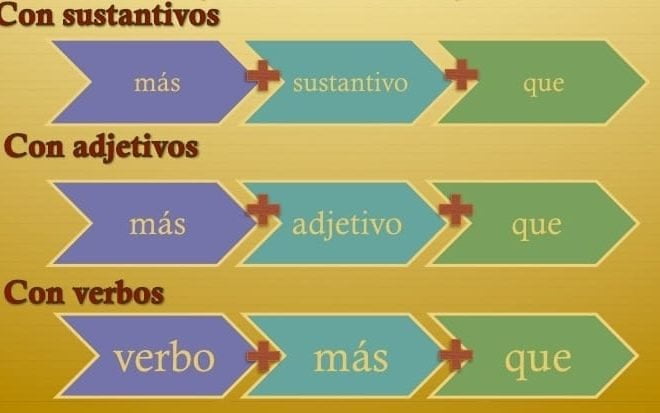
What is the difference between “a qué hora” & “cuándo”?
Is there a difference between “a qué hora” and “cuándo”? Can we use them as


Is there a difference between “a qué hora” and “cuándo”? Can we use them as

Have trouble telling apart “¿por qué?” and “porque”? No hay problema! “¿Por qué?” and

Do you know the difference between “acordarse” and “recordar”? It’s easier than it sounds!

Are “atender” and “asistir” the Spanish equivalents of “to attend”? Are they synonyms? Not exactly;

When telling time, do you find yourself hesitating between “EN la mañana, tarde, noche” or

Have you ever wondered if there was a difference between “asimismo” or “así mismo”? How

Hoy estudiaremos la relación entre los modos verbales y seis expresiones temporales de uso frecuente:

While making comparisons, have you ever wondered, should I say “más de” or “más que”?

We use the verb haber to talk about the existence of something or someone. In the

Do you know what is the Spanish equivalent of “to have a good time”? Although

Have you ever wondered: what is the difference between “muy” and “mucho”? Muy is

1. Adverbios de tiempo: Cuando / cuándo: when Ahora: now Ya: already Enseguida: at once